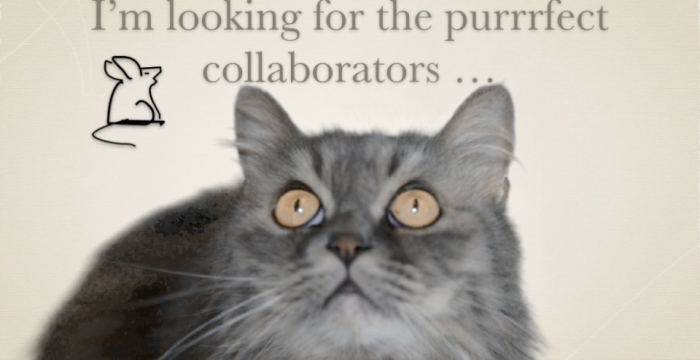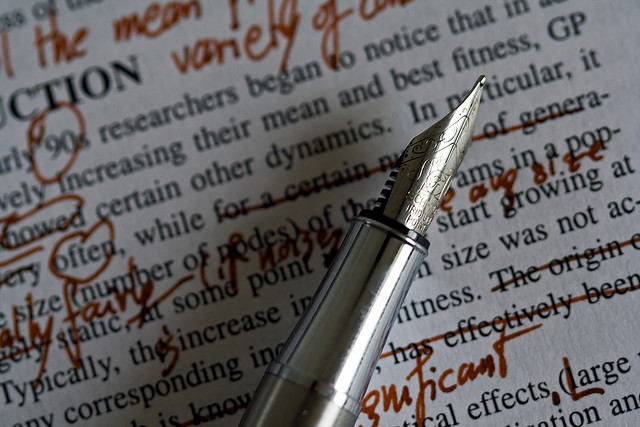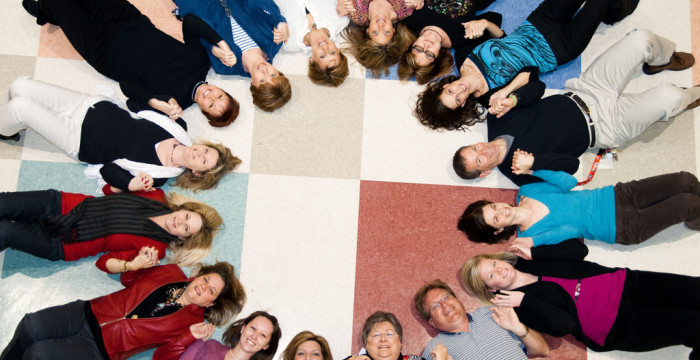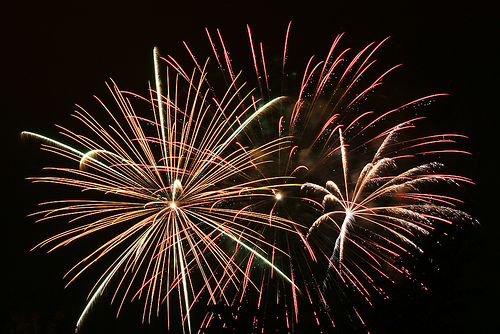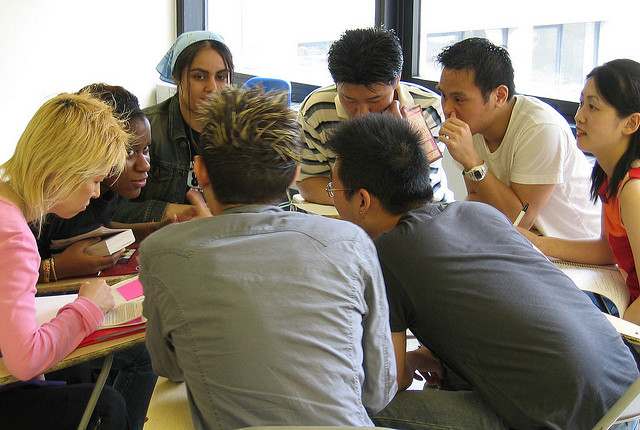When you work with others, you have expectations. Sometimes the connections on the great project tree seem damaged, dried up, brittle and fragmented. The project drags on. You have a deadline. How do you do your job? Questions open the door to deeper collaboration … or not This week, I wrote to a subject matter expert who was assigned as the main information…
Perfect Collaborators
We often have a pretty good idea about who we’d like to work with on a project: people we like, especially folks who have the skills and qualities the project needs but we lack. Yet finding the perfect collaborators is not a cat-and-mouse game. Collaboration is about having a shared purpose. Everyone involved in a project brings a unique perspective and they…
Hire a professional proofreader to ensure your book is the best it can be
If you are not collaborating consciously, you may want to listen to Doreen Pendgracs. She is a professional writer, editor and proofreader. Doreen recommends that you at least hire a professional proofreader to ensure your book is the best it can be. She is the Wizard of Words and author of a most helpful book on the subject of volunteering on…
How do you know you are writing collaboratively?
If you write in a business context, you are probably writing collaboratively. You might not know it, though. It is important to be sure. It saves a lot of trouble with mistaken assumptions and not being able to deliver. So at what point did you start writing collaboratively? Was it: While you were writing the first draft? After you…
Law 10. Celebrate, then evaluate
Today, I received a letter from a project leader in the mail. I chuckled and got a warm, fuzzy feeling. Here I was, thinking about the tenth and last law of collaborative writing—how important it is to recognize all collaborators and celebrate your collective achievement. Then a thank-you note arrives. (And I did not Photoshop that time stamp….
Collaborative Writing Law 9. Editors, translators, and designers are collaborators, too
Writing teams need editors. Depending on the context, the project might need a translator and some graphic designers, too. In fact editors, translators, and designers are all key collaborators. They offer advice about how specific requirements are best incorporated into the final product. Depending on the kind of editing to be done, there are roles for editors…
Collaborative Writing Law 7. Model thy structure and content
Why do we try to reinvent the wheel? The world is full of examples of how information can be organized. Pick a content model. Any model! Well, you’re right. Not just any model will do. You want the one that fits your content best and helps your team manage the work. That’s why knowing the requirements and…
Collaborative Writing Law 6. When in doubt, check your assumptions
Assumptions create obstacles to free-flowing collaboration. If a project is not advancing as expected, there are probably some hidden assumptions to bring to light. Assumptions can affect anything from the writing mandate to the final output, and all the activity and people in between. The root of assumptions is expectations—something every project and everyone involved comes ready charged…
Your collaboration tools may be useless
State-of-the-art collaborative tools are about as useful as a box of hammers (see photo) if no one is clear on the aim of the project. It is misguided to think that your team has a good collaborative environment just because everyone shares the same database, or that a specific social media tool is all you need to get…
Is your organization losing its mind?
Your team is compiling hundreds of pages to support your organization’s product. It takes months, sometimes years. So you can expect the faces at the table to change over time. Writing in organizations takes planning. If the team members take all the expertise with them, the collaborative writing project could be affected. And the organization might feel…


